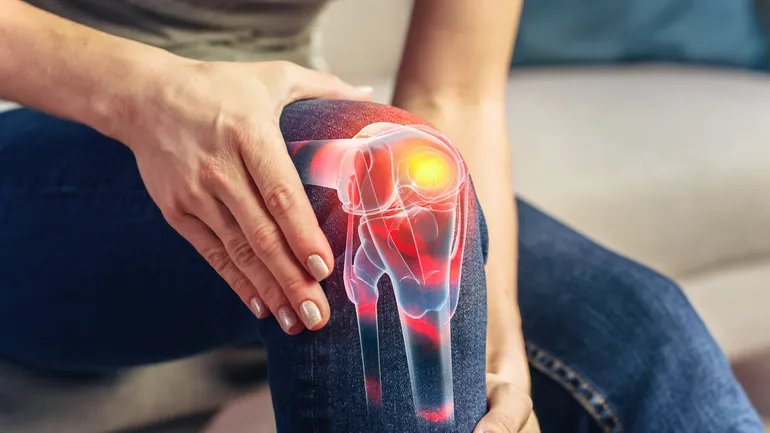Dive Brief:
- Zimmer Biomet said Monday that it received approval for a cementless partial knee replacement implant in the U.S.
- The Oxford Cementless Partial Knee launched in England in 2004. The device is established in Europe, where the company said it has a 60% market share, but will be the first product of its type available in the U.S. The orthopedic company plans to launch the implant in the first quarter of 2025.
- Zimmer has identified the device as a good fit for ambulatory surgical centers (ASC) and CEO Ivan Tornos has forecast the product will be one of the top three knee growth drivers in the U.S.
Dive Insight:
Traditional partial knee replacements use cement to secure the implant. The cementless method relies on bone growth to secure the implant. A U.K. registry study of more than 33,000 recipients of the Oxford device found implant survival at 10 years after surgery was 94.1%. The average for all other partial knees was 89.9%.
Zimmer received premarket approval (PMA) from the Food and Drug Administration after completing an investigational device exemption study to validate the safety and effectiveness of the device. The PMA notice says the device is intended for patients “whose clinical condition would benefit from a shorter surgical time compared to the cemented implant.”
The company will provide FDA-required training as part of its U.S. launch focused on the cementless surgical technique and proper patient selection. A study of the U.K. registry data found the benefits of cementless procedures are most pronounced when performed by high-caseload surgeons.
Tornos has repeatedly framed the anticipated launch of the Oxford device in the context of the increase in ASC procedures. At a Morgan Stanley event in September, the Zimmer CEO said “in an environment where cases are moving to the ASC, it’s going to be one of the top three growth drivers for knees in the U.S.”
Oxford was the first device Tornos named when discussing Zimmer’s mid- to long-term growth drivers on an earnings call in October. The CEO called Oxford a mid-2025 product that will sit alongside the surgical robot Rosa Shoulder and smart knee implant Persona IQ as a growth driver in the coming years.

